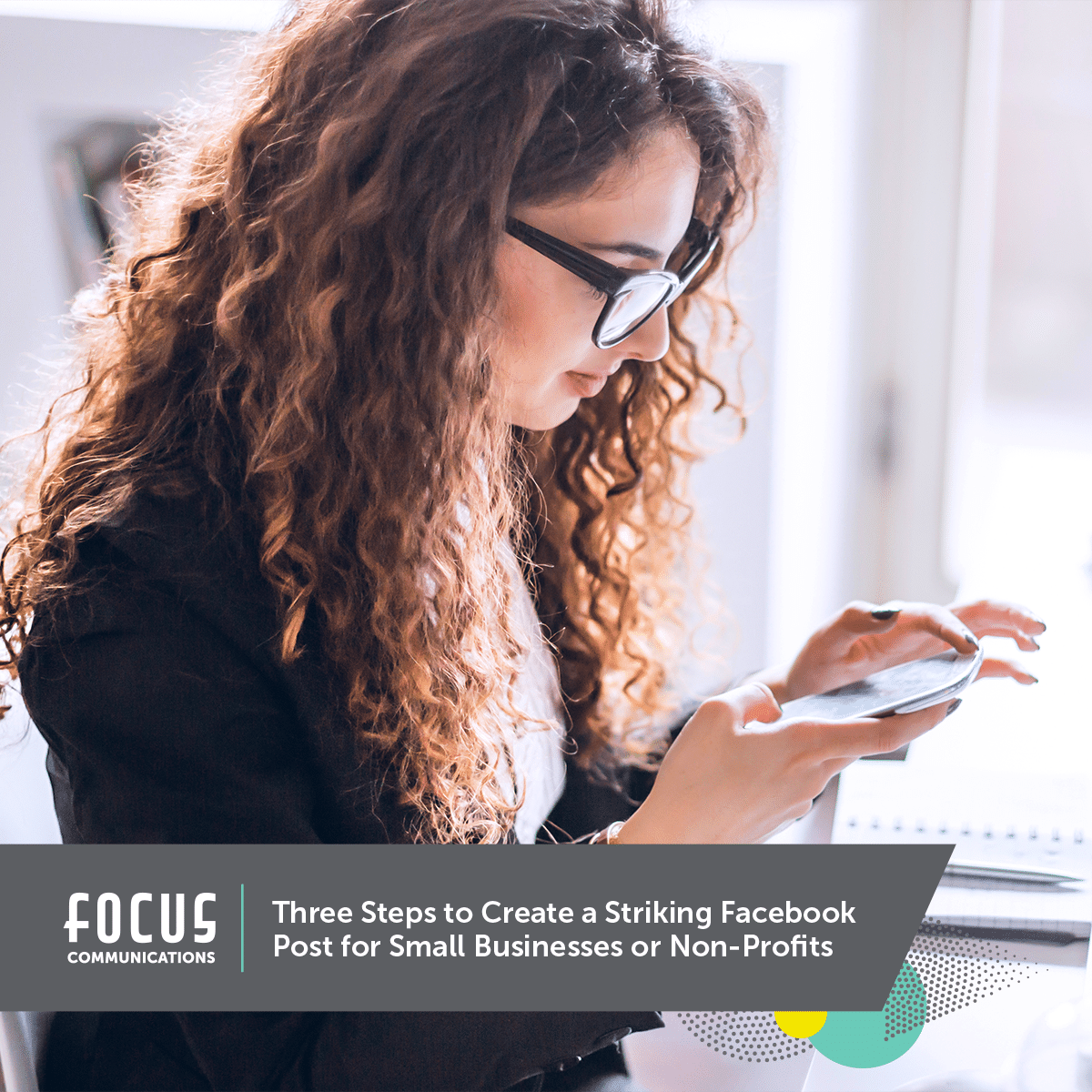There was a time when the printed word was king. If you wanted to get information, learn, or be entertained, books were the place to go.
Remember encyclopedias? Libraries? Ah, the thrill of finding just the paragraph you needed to write a social studies report.
Today, all bets are off when it comes to telling a story or communicating an idea with words alone. YouTube, Instagram, Twitter, movies, television, there are a million ways to get information. All are sexier (and easier) ways to become informed than sitting and reading, either online or in print.
Today, attention spans are declining as visual soundbites increase. A recent study by Microsoft indicates that the average human being now has an attention span of eight seconds.
That sounds like bad news for our brains.
In reality, the attention of an average adult can be held for roughly 20 minutes according to a research study by Dianne Dukette and David Cornish, 2009. (What does Microsoft know…?)
If we were to challenge ourselves, do you suppose just reading and leaving the visuals behind might actually benefit our brains in some way? For example, Stanford University researchers have found that literary reading, in particular, gives your brain a boost in multiple complex cognitive functions, while pleasure reading increases blood flow to different areas of the brain.
The value of reading a book before bed as part of good sleep hygiene is reinforced by the National Sleep Foundation which recommends reading as a “calming activity” before bed.
Still, I have to admit I LOVE instructional videos, especially for preparing food, where all the tedious tasks are sped up. Beats reading and re-reading a recipe every couple of minutes! Just not before bed.
Studies link heavy computer and smartphone use to increased sleep issues. The blue light from digital devices suppresses the sleep-promoting hormone melatonin, preventing restful sleep.
Cognitive imaging studies have found that too much screen time can lead to less efficient information processing.
Research indicates that spending significant time with screens — whether it’s a TV, computer or tablet, lowers your cardiovascular health and increases your mortality risk.
Every year, I look forward to Earth Hour when I turn off all the lights and devices and read a real book by candlelight – ah! It feels good. When it’s over, I can’t wait to turn on the devices. Did I mention that those devices are addictive? Yup.
That’s material for another blog.





